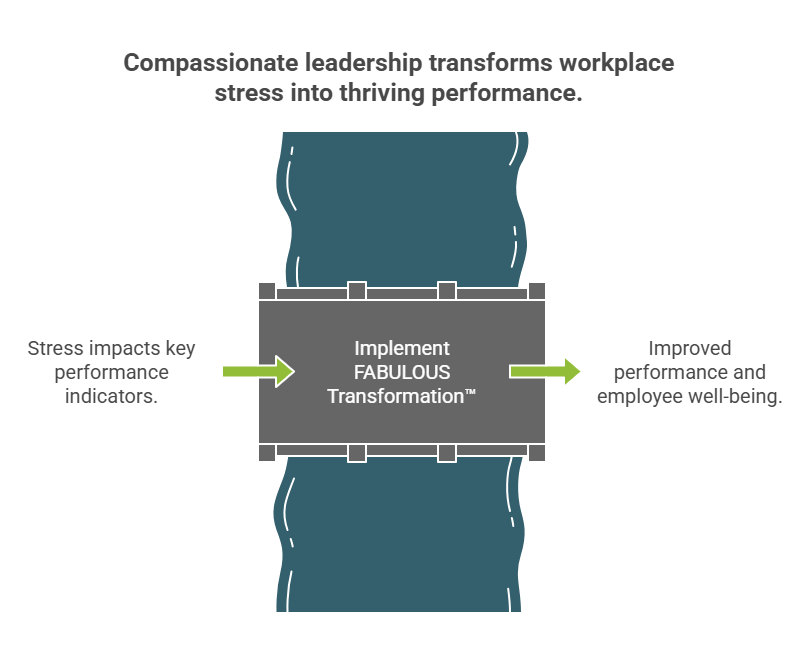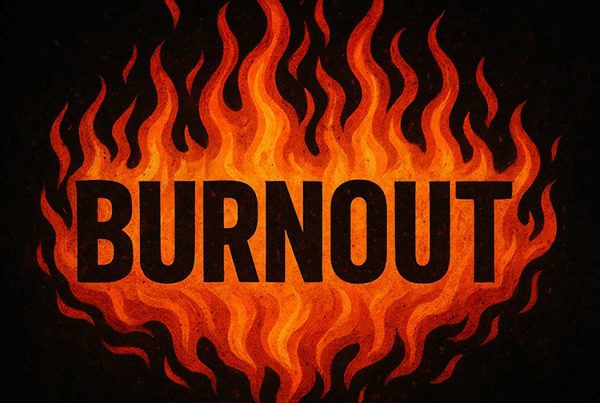
Burnout is one of two elements that make up compassion fatigue, the second one is secondary traumatic stress. Typically, burnout is brought on by drawn out or chronic stress, resulting in mental, physical or emotional fatigue. You know that it is happening when you experience emotional exhaustion, feel overwhelmed and are not able to handle ongoing responsibilities. Consider all of those responsibilities that you have in your personal and professional life. Although issues at work are the primary cause, it can also affect other facets of life including parenting, caring for others, and intimate relationships.
Burnout is a type of fatigue brought on by a constant feeling of being overwhelmed. It can occur when you are emotionally depleted, overburdened, and unable to keep up with life’s daily demands. Burnout has a detrimental impact on all aspects of life, affecting your home, job, and social life. It can drain your energy, leaving you feeling like you have nothing left to give.
Strategies to prevent burnout and promote well-being
Reach out to other people
Even though you may not have much energy and problems seem too big to overcome, there are things you can do to take control of the stress and reduce the risk of burnout. Reaching out and talking to other people is a good place to start. Choose someone who won’t try to fix things but is willing to listen. Having a good listener helps alleviate stress and calm your nerves.
Try to not associate with people who are negative. Being around others who complain all the time and have a negative outlook will only drag you down more.
Join a support group to talk with others facing similar concerns. Sharing with others can become a meaningful experience.
Review your priorities
Here are simple ideas worth considering:
- Review those things that are most important to you and how they make you happy.
- Explain times where you can slow down to rest your body and mind.
- Describe different ways to say “no” to stop overextending yourself, which gives you the opportunity to say “yes” to the things you choose to do.
- Evaluate times during the day or evening when you can unplug from technology, such as a computer, phone, social media and email.
- Plan a new creative project or restart an old hobby that you once enjoyed.
- Choose techniques such as deep breathing, yoga, tai-chi, or meditation to relax your mind and body and turn off the stress response
- Evaluate ways for a better sleep as feeling tired can cause an irrational response in stressful situations
Exercise
Usually, when you’re tired and stressed out, exercising can be one of the last things you want to do. However, it is a good coping tool for burnout or stress, and one of the best mood enhancers there is. Set a goal for doing some exercise every day for at least 30 minutes. If that is too much for you to do, then break that up into separate 10-minute sessions. Actually, walking is a terrific overall exercise, anything that gets your whole body moving will help improve focus, energy level, and a sense of relaxation and wellbeing.
 Healthy diet
Healthy diet
The foods you eat have a big impact on how your feel – your mood and energy level, so a healthy diet is important. Processed or fast foods that are high in sugar and/or carbs will not sustain you throughout the day. A dependency in caffeine has the same effect, of eventually leads to a crash. Nicotine is a stimulant that can lead to even more anxiety, instead of alleviating it. Add foods to your diet that you know are healthy as they will help lower your stress levels, as well.
Take breaks
Schedule small breaks every hour or two throughout the day to walk away from what you are working on. This helps the mind to rest and the body to move, if you’ve been sitting.
Practice mindfulness
Mindfulness is considered to being present mentally and emotionally. Deep breathing can help with this because you have to focus on your breath. It also has a very calming effect. Use a few minutes of each break to practice breathing. Weather permitting, spend a few minutes doing this in the outdoors.
Organizational burnout prevention strategies and wellbeing
For Individuals:
Make a point to interact more with your coworkers. Making friends with people at work can help protect you from burnout. Instead of getting on your phone during a break, talk to someone at work and be more sociable. It is a fact of life that peers may be going through similar stressors. Yet, they have found effective strategies to cope.
Peer to peer support is a great way to manage burnout. They can offer suggestions that you might find helpful. Moreover, consider scheduling activities outside of the workplace that you can do together.
For Leaders:

Ten ways organizational leaders can improve the wellness culture in the workplace and incorporate FABULOUS Transformation™ is to:
- Lead by example by talking about mental health and wellness, and a good work-life balance.
- Share those things that you are grateful for and ask employees to do the same.
- Assess whether you are micromanaging your employees and not giving them enough control or autonomy over their workflow.
- Enforce the written job description by not asking an employee to do more than they are paid to do.
- Evaluate ways for employees to have more flexibility.
- Discuss ways to flourish and achieve personal growth by guiding employees and motivating them to make healthy decisions about their mental health.
- Provide training in mindfulness and resilience to help eliminate anxiety and stress.
- Establish a peer-to-peer support program.
- Focus on workplace spirituality where employees can make meaning, align their values to the organization, and feel appreciated, which connects them to the outcome of their job.
- Demonstrate ways for employees to be self-compassionate when they make mistakes at work and connect with them by sharing that you also make mistakes.
All things considered, to effect genuine change in terms of employee burnout, leaders must acknowledge the pressing need for wellness as a preventative measure for burnout. It’s no secret that many workplaces are being transformed since the pandemic into a “safe haven” from the chaotic, hostile, and angry outside world.
The key point is that stress in the workplace cannot be eliminated. However, compassionate leaders control how they respond to it and know how to deal with the effects on employees before they have an impact on key performance indicators like revenue and profit. The bottom line is FABULOUS Transformation™ is possible when you recognize the importance of a flexible mindset, a positive attitude, keeping your boundaries, being united, having a sense of humor, being optimistic, understanding job satisfaction, and being self-compassionate.
Barbara is a leading authority and best-selling author on managing burnout, secondary traumatic stress, compassion fatigue, and vicarious trauma. As a nationally recognized keynote speaker, she motivates audiences to build their resilience and create work-life balance. Her programs help leaders and teams manage workplace chronic stressors and get over burnout at work.
Barbara's newest book, "But I Didn't Say Goodbye: Helping Families After a Suicide", is available now on Amazon - https://amzn.to/2FwS6JI
• Three weeks prior to giving birth to triplets, her father died by suicide. Her story was featured in the Emmy award winning documentary, Fatal Mistakes, Families Shattered by Suicide narrated by Mariette Hartley. Many employees are grieving personal loss. She offers programs for leaders on lost productivity and performance while managing grief at work.
• As a sought-after keynote speaker who has presented to over 500 groups since 1991, including corporations, state and national associations and non-profit organizations, Barbara offers work-life balance strategies for leaders to implement right away. With clarity and humor, her speaking engagements are designed to give audiences powerful and practical strategies of work-life balance, wellbeing, and self-care that can be implemented immediately.
• Barbara is a Board-Certified Expert in Traumatic Stress and Diplomate with the American Academy of Experts in Traumatic Stress. She received a Bachelor of Science in psychology and a Master of Arts degree in community health, with a concentration in thanatology, both from Brooklyn College.
Email: BarbaraRubel@BarbaraRubel.com
Website: www.barbararubel.com





